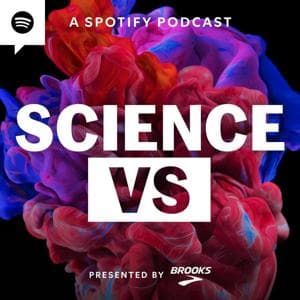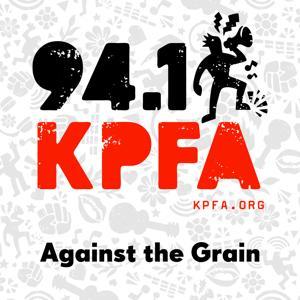How do people become addicted to social media and what are the implications of such an addiction? [ dur: 30mins. ]
Most of our activity on the internet interacts with posts, memes and videos that are driven by algorithms. How might algorithms be biased, racist, or sexist, and how might they amplify those biases in us? [ dur: 28mins. ] Full length of this interview can be found here.
This program is produced by Doug Becker, Ankine Aghassian, Maria Armoudian, Anna Lapin and Sudd Dongre.
Politics and Activism, Science / Technology, Computers and Internet, Racism




















